With the decade entering its final stretch, we thought it would be a good time to look back at the games that shaped the industry’s course over the past 10 years. To that end, these are the 10 most influential games of the 2010s.
Minecraft
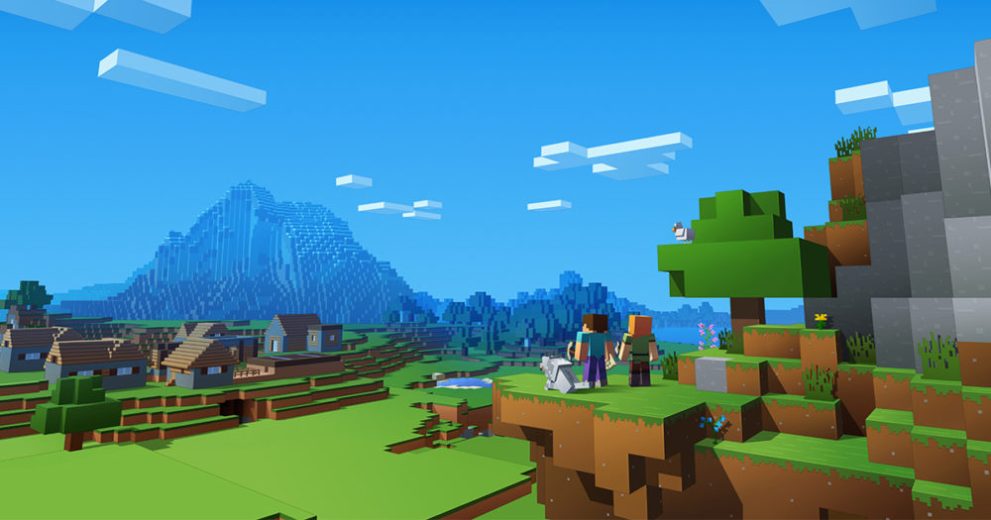
Survival and world building sims might be the norm nowadays, but that’s almost entirely thanks to the success of the runaway hit Minecraft.
Gaining a massive following during its early access days that only increased from there, the game boasted a simple design framework: Using whatever materials they can find, players craft items and structures and survive as long as possible.
This is done in randomly generated, pixelated worlds full of plains to traverse, caves to delve into and mountains to scale, as well as a smattering of hostile creatures like shambling skeletons and exploding Creepers.
That’s really all there is to it. Or at least, it would be if not for the way the item and structure crafting allows players to build to their heart’s content.
So long as they have the materials, players can build whatever they want. Towers that reach the sky, titanic recreations of iconic characters or entire worlds are all fair game, as long as they have the patience and the vision to craft them.
It was and is groundbreaking, and it’s no surprise so many games have tried to tap into the same niche as this influential game since its release.
Telltale’s The Walking Dead
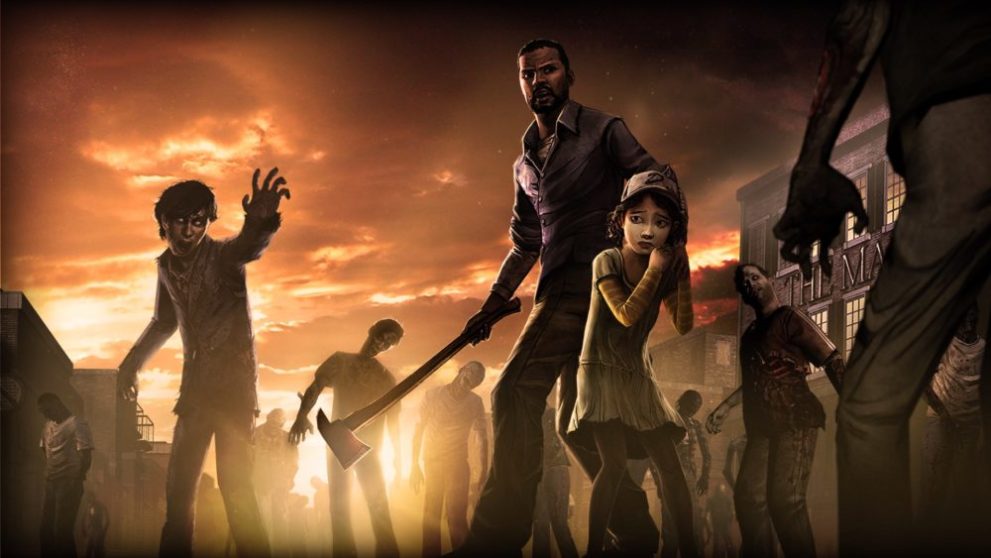
Though the studio behind it might have met an untimely end, Telltale’s The Walking Dead established a positive trend for story and character-driven games.
Released at a time when bombast and action set pieces drove most mainstream titles, The Walking Dead instead opted for quieter, more thoughtful character moments.
An exchange between Lee and Clementine on the morality of stealing food; choosing which of your allies to back in an argument; and deciding whether to spare a loved one from zombification were all put center stage.
Even better, however, is that it was well received by fans. These small, personal moments carried just as much weight as the world-ending ones presented in other games, and players couldn’t get enough of them.
This caused a shift in what mainstream games sought to present to players. Alongside The Walking Dead, other series started to put more weight behind characters and their interactions, now assured that it could succeed.
Even if games would have reached this realization eventually, The Walking Dead brought it about much sooner than it could have happened, and gaming has been all the better for it.
Dark Souls
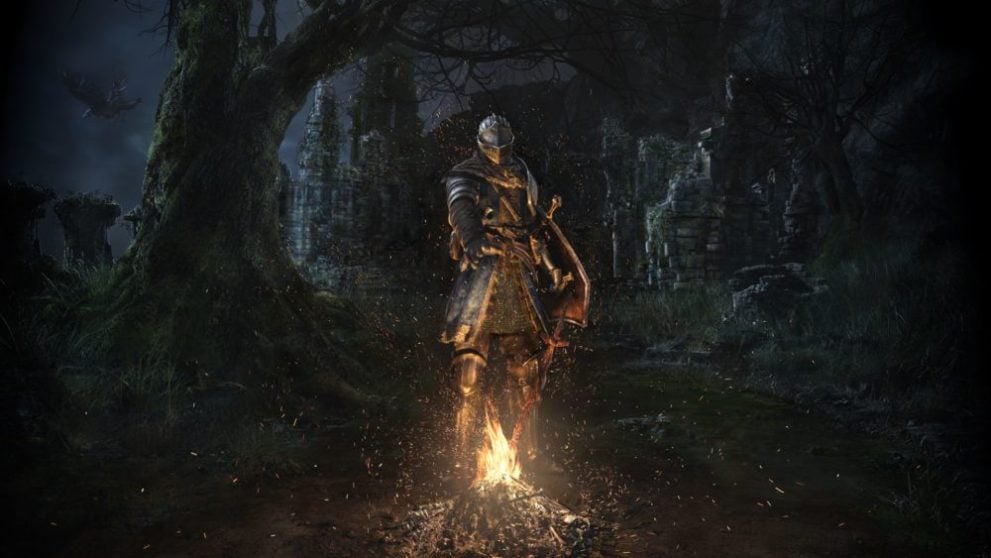
Let’s pretend Dark Souls didn’t lead to a wave of games where difficulty was the main draw.
Let’s pretend that it didn’t establish a genre all its own where paying attention to its mechanics was crucial to success and that it served as a measuring stick most every challenging game has been compared against for years now.
Even without these elements taken into account, there are several parts of the game that made it influential and revolutionary.
Case in point: Dark Souls set a new bar for environmental storytelling, with details and important plot points hidden in item descriptions, the location and behavior of characters and even the layout and terrain of its different areas.
And that’s only if players dove into the game on their own. When the game’s multiplayer mechanics were taken into account, it allowed for cooperation and teamwork to overcome challenges as often as it allowed one to sadistically mess with strangers.
It was the kind of experience that people immediately knew was special, and it has continued to prove this notion true with the legacy it established and the legions of developers and fans who sing its praises and seek to emulate it respectively.
Clash of Clans
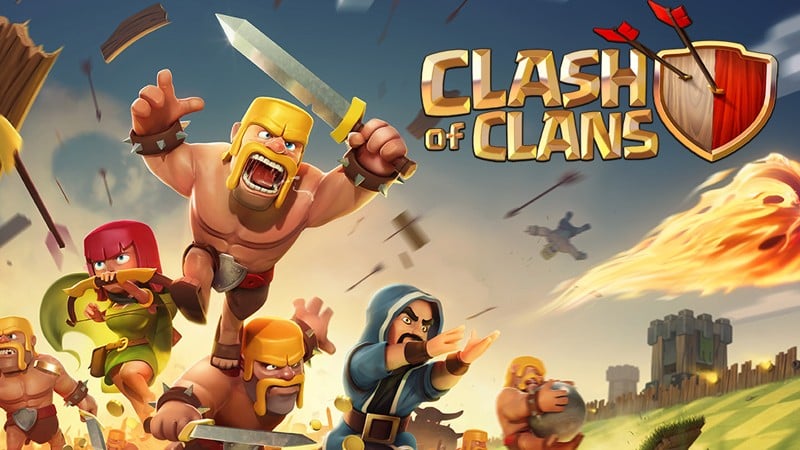
Mobile games gained a sizable foothold in the gaming industry over the past decade, and a large part of that is thanks to Clash of Clans.
The premise is simple: As the chief of a village, players have to lead their forces to victory over another players forces looking to wipe them out.
How this is done, however, is left up to the player. They can choose to lead an army of soldiers in a blitz attack, pick away at an enemy’s defenses with ranged spells or weather enemy attacks before staging a counter-offensive.
The resources to obtain these materials could also be obtained two different ways: By playing the game and accruing materials, or paying a small amount to gain them instantly.
Throw in the fact that players could do this again and again, competing for a higher ranking among the world’s players, and the game became an addictive, endlessly repayable favorite for casual and hardcore game lovers alike.
As such, many mobile game developers sought to emulate its design, much to the chagrin of those who dislike “Freemium” titles. Still, Clash of Clans’ influence remains clear, and likely will long after it’s replaced by other titles.
The Witcher 3
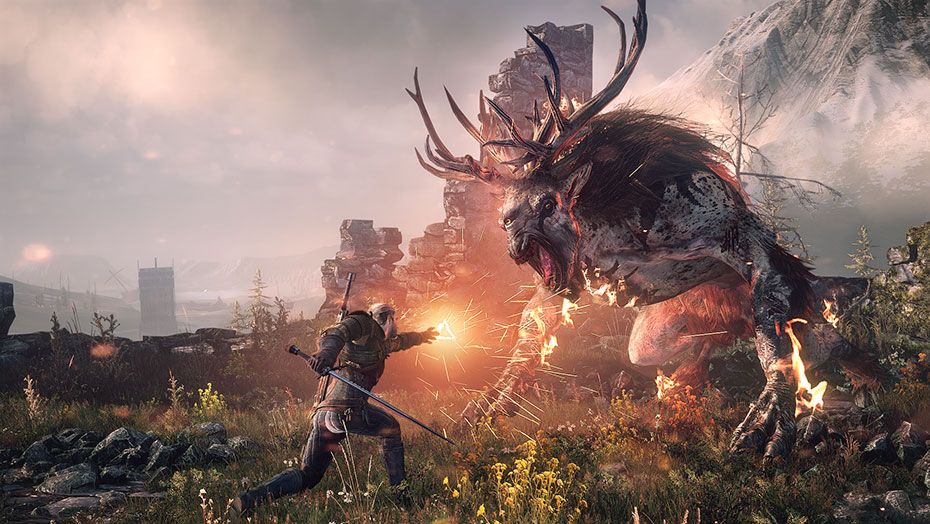
The Witcher 3 is, for lack of a better term, awe-inspiring.
Released at a time where every developer and their mother was out to make the next great open world title, the game came as a complete surprise to mostly everyone.
Sure, the first two titles had their fans and defenders, and the games’ developer CD Projekt Red showed a fair bit of potential, but people weren’t jumping at the chance to check out what most thought would be a bog-standard western RPG.
At least, that’s how it was before they saw what it offered.
Boasting an enthralling tale of family, duty, and morality, the game stood as the pinnacle of RPG storytelling. Even if players hadn’t played the first two games, they could dive into the title and enjoy its exceptional story without missing a beat.
That’s to say nothing of its sprawling, expansive world. Diverse in its terrain and filled with enough varied and diverse side quests to keep players occupied for weeks, the game epitomized what an open world game could and should be.
Even in the years since its release, it has held this distinction, and most any open world title continues to be influenced by and compared against it.
Pokémon GO
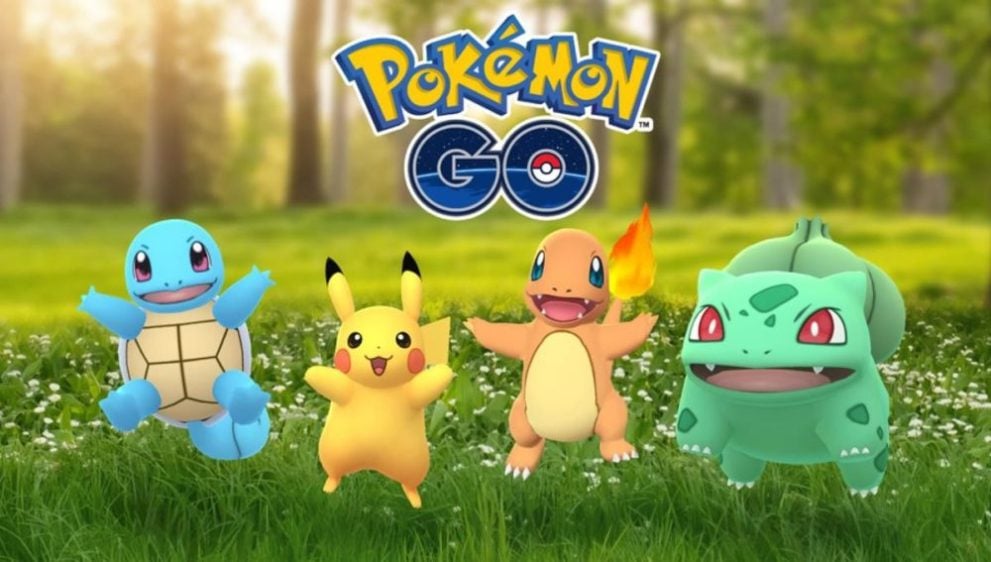
To say Pokémon GO caused a global phenomenon would be an understatement.
Taking a concept first presented as an April Fools joke and making it a reality, the mobile game used AR technology to bring the monster catching of Pokémon into the real world.
Whether they were in sprawling cities or far-flung rural communities, players could open the game and see a slew of Pokémon up for grabs, capturing them with a Poké Ball so long as they had one on hand.
Needless to say, fans of the series flocked to it. But they weren’t the only ones: People around the world, newcomers and old fans who had drifted away from the mainline games alike, came together to go out and play the game together.
The result was, and still is, players being out and about playing together, sharing an experience in a way even multiplayer shooters and RPGs could never emulate.
Other titles have been released since which offer a similar experience, but Pokémon GO will always remain the unparalleled achievement that kicked off a phenomenon no one could have seen coming, and whose influences will be felt for decades to come.
Shovel Knight
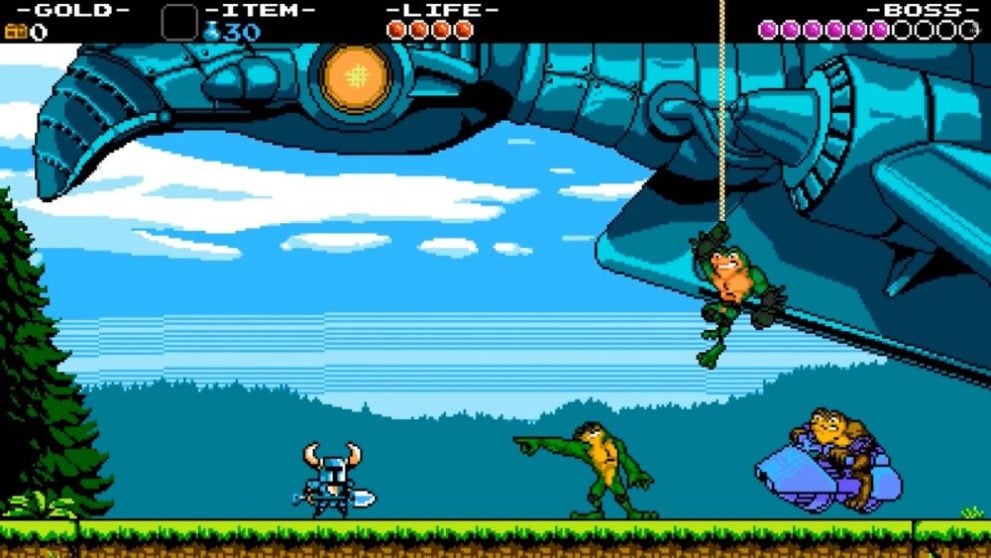
Indie games are no strangers to nostalgia and being influenced by games of generations past, but Shovel Knight shows what can be done when these elements are used to create something both reverential and groundbreaking.
An ode to side-scrolling action titles of the ’80s and ’90s, Shovel Knight bleeds with classic styles and influences akin to a Nintendo platformer.
Stages are filled with obstacles, puzzles and enemies to vault over, decipher and outwit, all while classic bit-tune music matches the action to a near perfect degree.
And yet, it also injects its own sense of unrestrained creativity into the fold. Players take the role of a shovel-wielding knight, and take on a variety of themed knights each more outlandish than the last.
They can fish treasure out of bottomless pits with a fishing rod and meet a colorful cast of characters ranging from apathetic masters of magic to the great and mighty king “Troupple.”
It’s outlandish, but also endearingly original, all while paying homage to everything that influenced it.
This influenced a wave of other games seeking to strike the same balance, and while it has had mixed results, the trend has largely been a positive one for gamers and developers alike.
Destiny
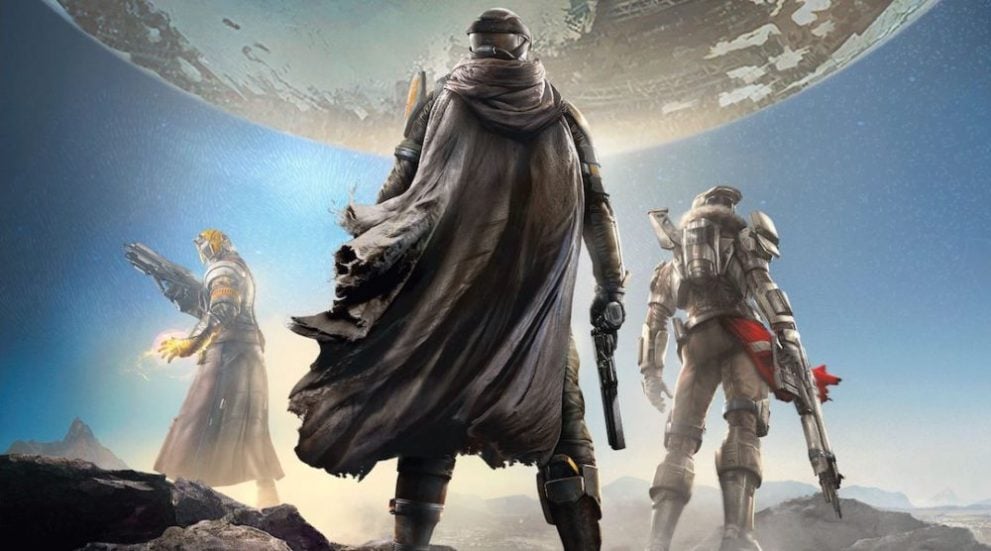
Destiny may not have created the looter shooter genre, but it sure as hell refined and influenced it into the money making monster it is today.
The follow-up to their seminal Halo trilogy, Destiny stood as Bethesda’s attempt at an industry-changing shooter with top of the line gameplay, an engrossing story and a multiplayer format that could bring players across the world together like an MMORPG.
Though it may have dropped the ball in terms of story, it knocked it out of the park with its other two goals.
The gameplay was honed to a fine point, with abilities and attributes that belied a surprising amount of customization when combined with the astounding number of potential weapons to unlock.
This was in addition to multiplayer mechanics that allowed players to come together for raids and missions, creating a sense of camaraderie and cooperation most other shooters shied away from.
It was, and is, a game that changed the industry, and with its sequel still holding its own among the increasingly crowded field of competitors, there’s little doubt its influence will continue to change the game for years to come.
Overwatch
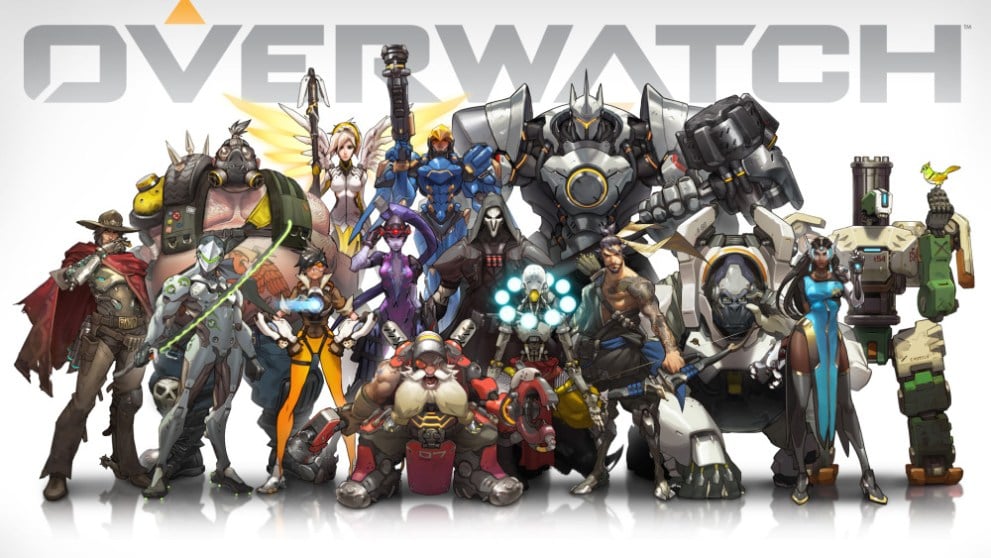
There are plenty of good reasons Overwatch is influential and remains a juggernaut of online multiplayer gaming.
A multiplayer arena shooter host to several diverse characters to choose from, the game provides a surprising amount of diversity among its characters and the abilities they can use.
The agile Tracer could zip and zoom around the battlefield, reminding time in moments of great peril; Mercy can raise fallen allies one moment and decimate opponents the next, and D.Va can tank enemy fire before clearing the battlefield with one blast.
And that’s only the most basic uses for each character. When combined with one another in team matches, these abilities could be bounced off one another to create cunning strategies and crushing offensives.
Then, there’s its implementation of loot boxes in the gameplay.
Love them or hate them, it’s undeniable that getting to see a victory contribute toward new skins and aesthetics for characters is a blast. As such, it’s no surprise so many other titles sought to implement Overwatch’s loot box design whole-sale.
The list goes on and on, but the point remains that Overwatch did and continues to do its fair share as a revolutionary title.
Player Unknown’s Battlegrounds
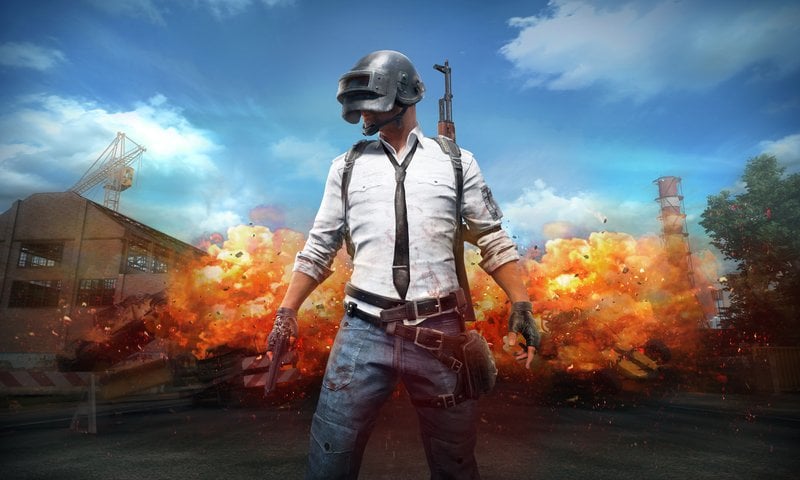
For all of the popularity Fortnite may enjoy as the go-to battle royale title, Player Unknown’s Battlegrounds will always be the influential game that kicked the craze off.
Even in its rougher early build, people were drawn to the experience PUBG offered. Surrounded by an ever-narrowing boundary ring, they’d need to use their wits and any weapons they could find to survive.
This led to everything from climactic final showdowns between heavily-armed survivors to a crafty competitor emerging victorious after hiding the entire game.
To make things even better, the game continued to be expanded upon and honed with each new wave of players it saw. New maps, equipment, and gameplay elements were added regularly,
As a result, most every round had the potential to feel fresh, tense and, by its conclusion, invigorating.
Even with its competitors now surpassing it in some areas, it remains the herald of things to come and a title that won’t soon be forgotten by those who experienced its influence first hand.

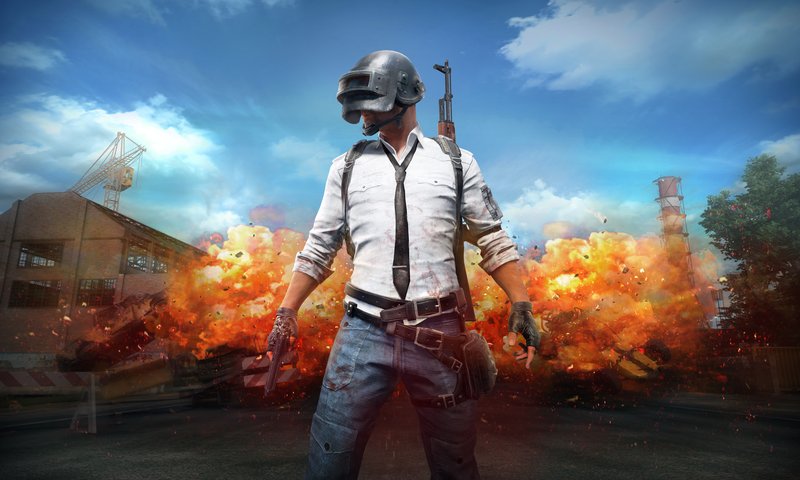











Updated: May 1, 2019 01:39 pm